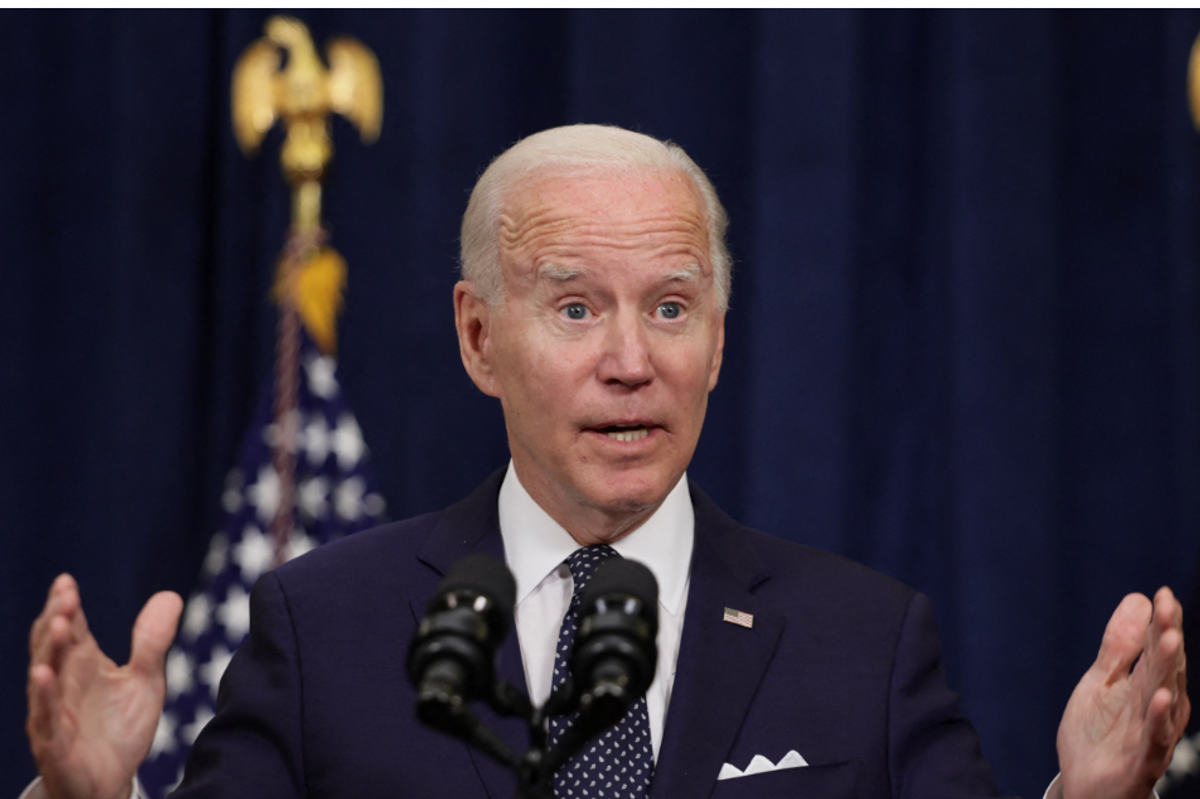
Reprinted with permission from Creators.
As America emerged from World War II, the public generally agreed that the ordinary people who had endured the sacrifice should share in the good times ahead. A golden age for the American worker commenced as business, labor and government stood together on the stage.
Labor has since fallen off. Behold the spectacle at Toys R Us.
About a year ago, the company filed for a Chapter 11 bankruptcy. Its private-equity owners closed 800 stores and laid off 33,000 employees — skipping out on $75 million in severance pay.
Toys R Us had its challenges, but it wasn’t a dying business. It was cannibalized by a private-equity culture that sees workers not as stakeholders but as part of the plunder.
More than 40 percent of the major retail or supermarket companies that have gone bankrupt since 2015 were owned by private-equity companies, Newsday found.
Toys R Us offers a vivid example of how they operate. In their 2005 leveraged buyout, two private-equity firms, Bain Capital and KKR, and Vornado Realty Trust immediately piled on over $3 billion of new debt.
With 97 percent of its operating profits now going to pay interest, the company had little left to fix up the stores. How could it compete with Walmart, much less Amazon? There was no cushion when the Great Recession hit.
Basically, the investors had put the company in handcuffs, seized its life vest and thrown it in the ocean. If Toys R Us survived, the investors would declare themselves geniuses. If it didn’t, they’d walk away after collecting $470 million in interest and “advisory fees.”
The worker advocacy group Rise Up Retail wants that money to go to the laid-off employees. But in the bankruptcy proceeding, they stand in line behind other creditors. “They may end up getting nothing,” according to a Bloomberg report.
Here’s the kicker — or shall we call it “the kick”? The investors now talk about reviving Toys R Us. They’re keeping its brand names and web domains. And they’ve trotted out the Toys R Us mascot, Geoffrey the Giraffe.
“Guess who’s back?” Toys R Us recently tweeted. “He’s been traveling across the globe for the past few months but now #GeoffreysBack and once again ready to set play free for children.”
The brand clearly still has value. If the owners can dump the company’s debt and legacy wages for employees, they could go back into business, worker advocates speculate. New people could be hired at lower wages.
The resurfacing of Geoffrey has enraged laid-off employees. Toys R Us sells touchy-feely products, and abused workers picketing its properties might not be good for sales.
Facing noxious publicity, Bain and KKR set up a $20 million “hardship” fund to help the laid-off workers, nowhere near what’s owed them. Vornado didn’t participate.
Meanwhile, Solus Alternative Asset Management, a hedge fund that holds some Toys R Us debt, accused the workers’-rights groups of trying to extort investment companies.
Other countries have significant private-equity investment but more rules of the road. In Germany, for example, most workers are guaranteed severance payments. It seems highly unlikely that the current leadership in Washington will do anything to displease Wall Street.
But some state-run public pension funds that invest in private-equity and hedge funds are asking sharp questions about their role. After all, they represent public employees, many unhappy at how these companies victimize other workers and hurt communities.
It’s understood that in our economic system, companies sometimes fail and workers lose their jobs. But this belief that workers are nobodies, mere pieces the investors can flick off the Monopoly board with no consequences, is a mark of our toxic times. It wasn’t always like that.
Follow Froma Harrop on Twitter @FromaHarrop. She can be reached at fharrop@gmail.com. To find out more about Froma Harrop and read features by other Creators writers and cartoonists, visit the Creators webpage at www.creators.com.


